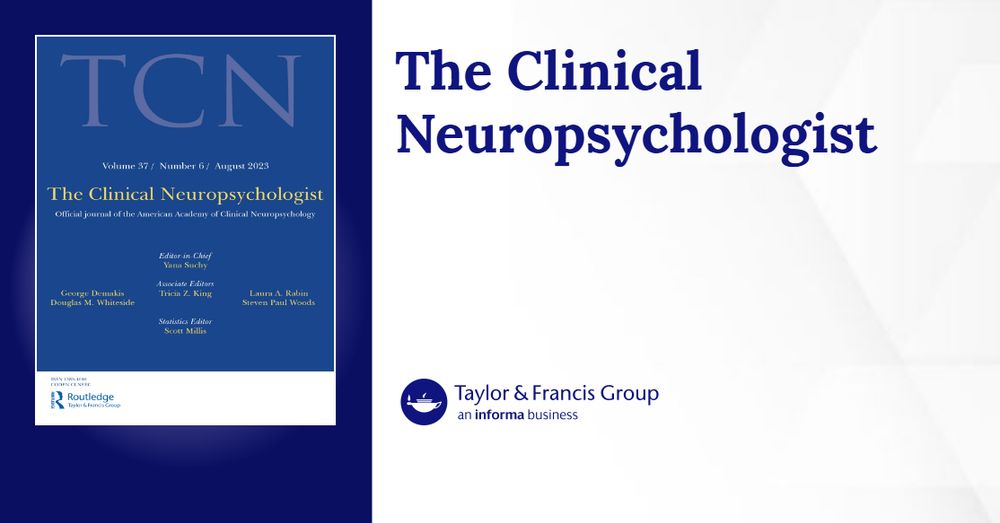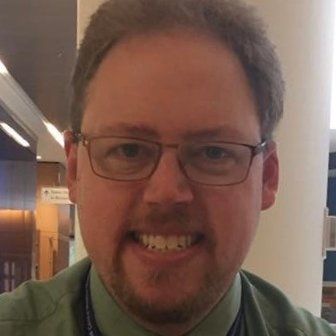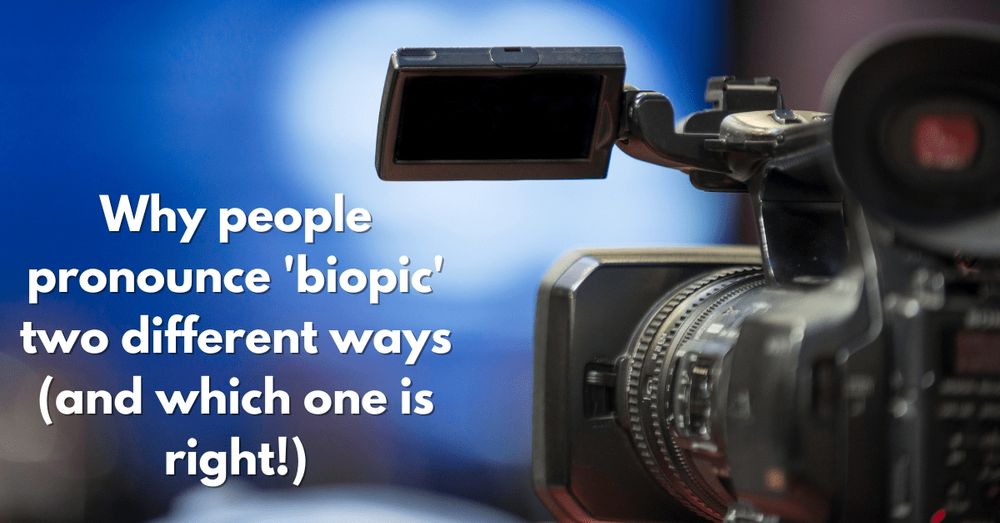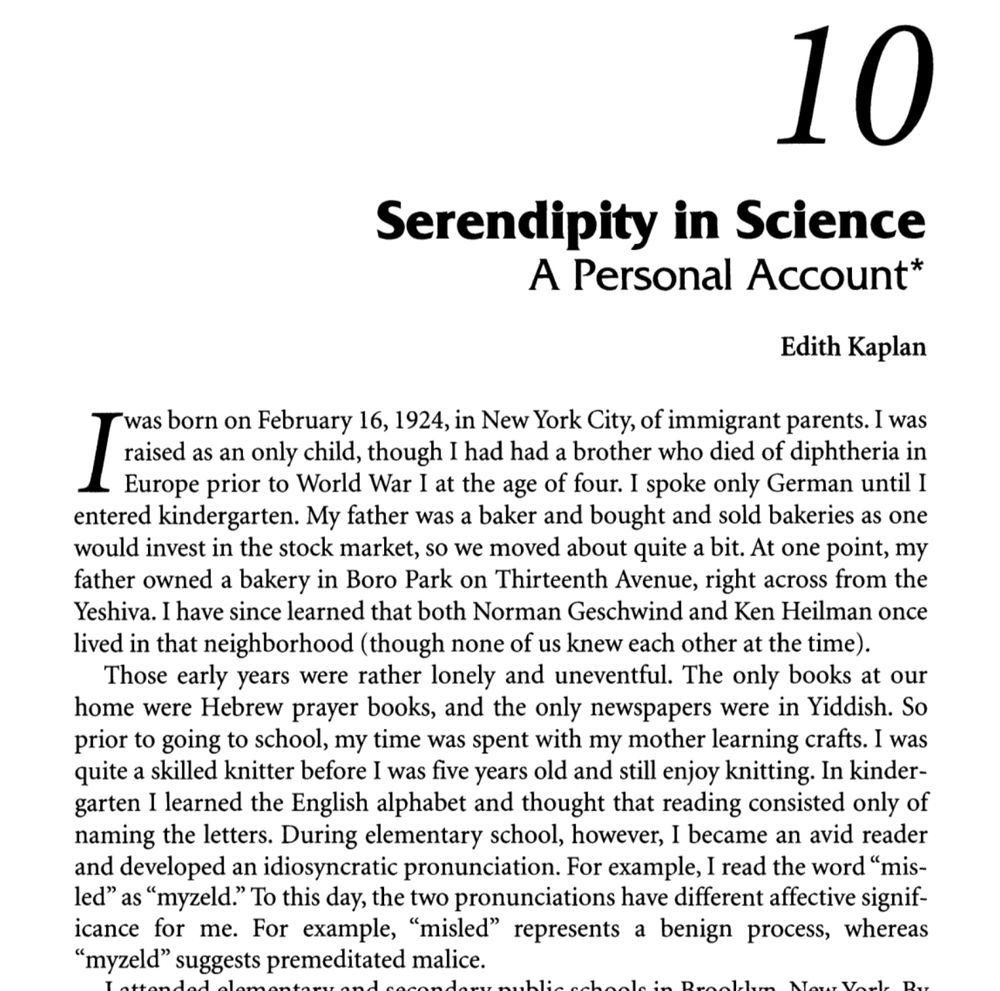
Lee Ashendorf
@bostonprocess.bsky.social
60 followers
64 following
37 posts
Boston Process Approach to neuropsychological assessment is my life
Posts
Media
Videos
Starter Packs
Lee Ashendorf
@bostonprocess.bsky.social
· May 10
Lee Ashendorf
@bostonprocess.bsky.social
· Feb 23
Lee Ashendorf
@bostonprocess.bsky.social
· Feb 23
Lee Ashendorf
@bostonprocess.bsky.social
· Feb 23
Lee Ashendorf
@bostonprocess.bsky.social
· Feb 23
Lee Ashendorf
@bostonprocess.bsky.social
· Feb 23
🚨 Excited to share our new paper where we introduce the Montefiore Einstein Robust Geriatric Normative Project (MERGER-NP) and provide age and demographic norms for the RBANS and select neuropsych tests, including the TMT, BNT, and measures of verbal fluency. academic.oup.com/acn/advance-...
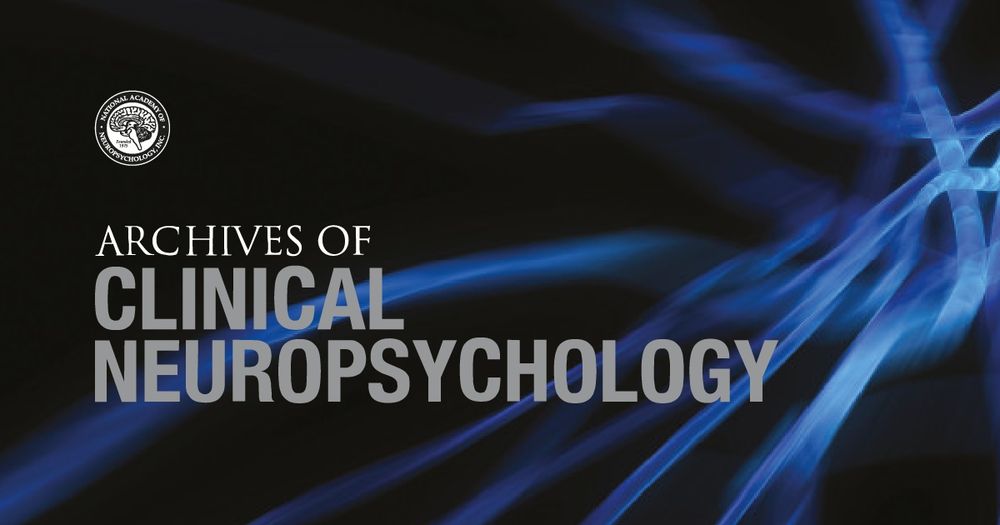
Montefiore Einstein Robust Geriatric Normative Project: Robust Age- and Regression-Based Demographic Norms for the Repeatable Battery for Neuropsychological Status and Select Neuropsychological Tests ...
AbstractObjective. This study introduces the Montefiore Einstein Robust Geriatric Normative Project (MERGER-NP), which provides robust normative data for o
academic.oup.com
Lee Ashendorf
@bostonprocess.bsky.social
· Jan 19
I can't possibly be the first person to realize that the catchy name for a post on BlueSky needs to be BS, right? As in, this is my second ever BS
Lee Ashendorf
@bostonprocess.bsky.social
· Jan 16
Lee Ashendorf
@bostonprocess.bsky.social
· Jan 16
Lee Ashendorf
@bostonprocess.bsky.social
· Jan 16
Lee Ashendorf
@bostonprocess.bsky.social
· Jan 16
Lee Ashendorf
@bostonprocess.bsky.social
· Jan 16
Lee Ashendorf
@bostonprocess.bsky.social
· Jan 16
Lee Ashendorf
@bostonprocess.bsky.social
· Jan 16
Lee Ashendorf
@bostonprocess.bsky.social
· Jan 16
Lee Ashendorf
@bostonprocess.bsky.social
· Jan 16


